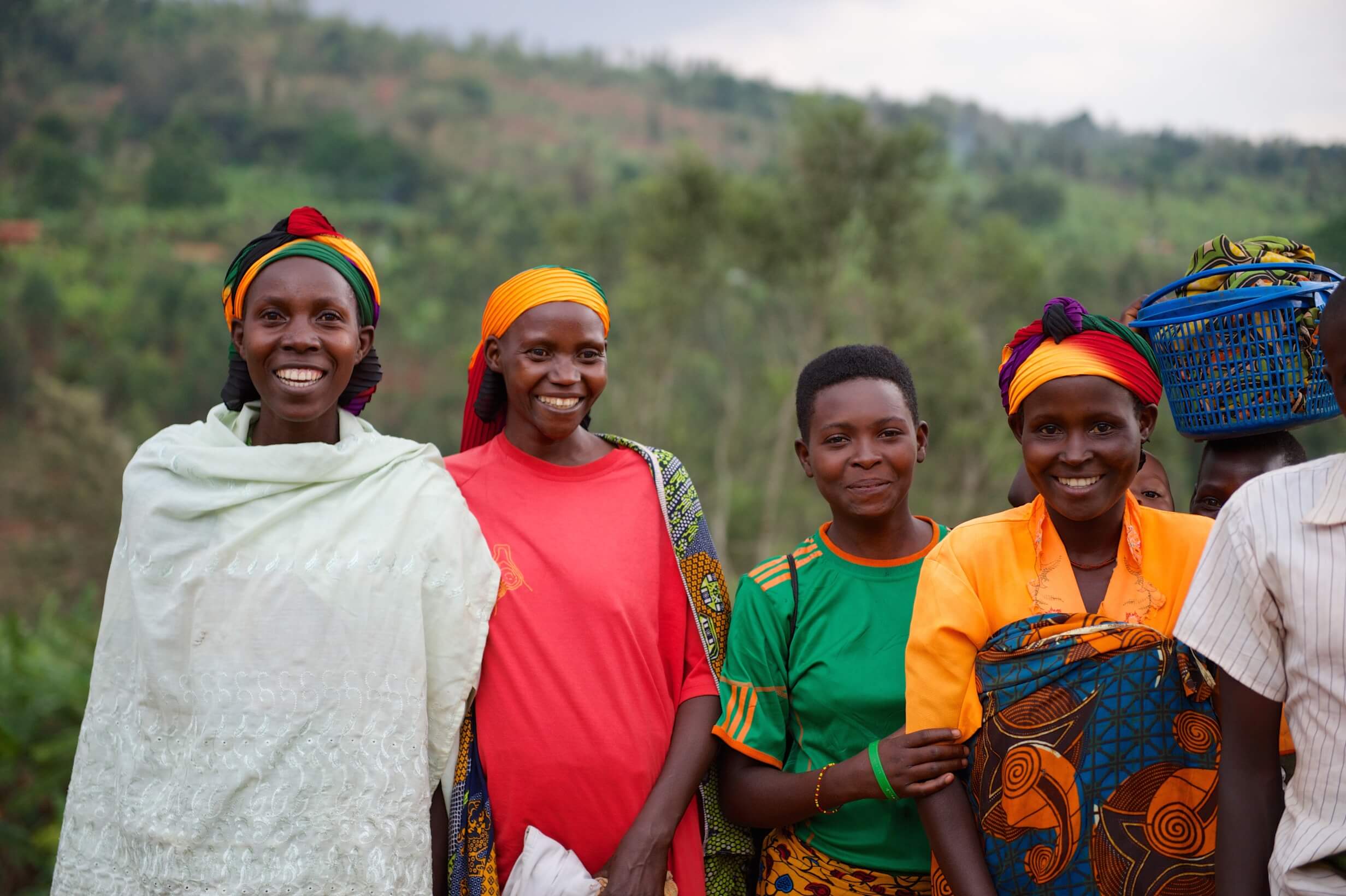A guide to handling problems at any international frontier might usually entail tips on how to complete a form and a reference guide to import taxes and regulations.
But in Burundi, the assistance has been taken a whole lot further with a guide on how to avoid confrontational body language when women traders, the bedrock of cross border trade, deal with customs and tax officials.
Laid out in cartoon-style diagrams, the guide is one of many innovative ways Search for Common Ground (SFCG), an international NGO, is helping ordinary people adapt to the realities of trade now that one of Africa’s smallest states is now a member of one of Africa’s biggest trade blocs, the East African Community (EAC).
“Our aim is to help women traders improve their position in the new realities of EAC membership, and that means helping them understand today’s realities of paying taxes and duties and dealing with officials without getting into rows,” says Floride Ahintungiye, Programme Director of SFCG,
“It starts with just simple things, like learning that finger pointing immediately sets your interlocutor on the defensive. It’s amazing how much progress you can make when you start off with the right attitude of working together to solve problems.”
As the EAC grows and becomes more streamlined, borders become the interface not just between member states but EAC citizens, women notably, struggling to come to terms with the new realities of tariffs, duties and procedures EAC rules mandate.
Signs posted along major roads in Burundi tell traders that they can now sell their goods anywhere in the EAC, but the reality is more complex and involves both traders and officials adapting to the regulations EAC membership entails, and communicating them.
By canvassing women traders at borders such as Kobero, with Tanzania, SFCG established the main causes of confrontation and helped organize meetings with the Office Burundaise des Recettes (OBR – the Burundian Tax Office) and Tanzanian customs officials to clear the air and improve their professional communication.
“All of us felt there were a few key issues,” says clothes trader Violette Nshimirimani, “and we attended meetings to get them sorted out. There was learning on both sides. This is a new reality for traders and officials alike.”
These issues reported were specific to the dusty but dizzyingly busy Kobero crossing, although similar problems are reported at most EAC frontiers including:
- slowness in the customs clearing process
- lack of informational material in Kirundi for traders
- sudden changes in customs fees
- lack of knowledge of tariffs among traders
- mistrust between the OBR and traders
- expropriation of goods by the OBR
- lack of dialogue between traders and customs officials
Does this approach work?
Trader Joselyne Iradukumda imports rice and some items for clothes boutiques, and says it does. “SFCG helped us work out a lot of procedures, a lot of missing knowledge, and we now have much better relations with the OBR altogether.”
This was reinforced by the arrival of OBR agent Jean Marie Bishingwa, who conducted frontier workshops to help traders understand how the EAC rules and knock-on effects in Burundian regulations are meant to take the arbitrariness out of cross border trade dealings, and help eradicate corruption. A typical exchange:
Question 1: In some cases, traders are mistreated by customs officials. What is our recourse?
Response 1: It is best to direct all complaints to your trade associations, who can then bring the case to the OBR to resolve. Traders have the right to information related to trade – particularly customs fees and tariffs.
Question 2: Often, tariffs for a given product will vary from border crossing to border crossing. What is the cause of this?
Response 2: In Burundi, we have the same tariffs for products throughout the country. At the OBR there is a department responsible for establishing tariffs. If tariffs for the same commodity are not the same, there is likely an error in our system. If this happens, I encourage you to raise this issue with us so we can make the necessary correction.
Question 3: There is often a long line at customs, what is the cause of this?
Response 3: This can depend on the flow of goods that day, particularly if there is a high volume of high-value goods passing through customs or if the trader lacks money for the tariff payment. Delays also occur when our computers break down, or when the level of staff working that day is insufficient.
The SCFG programme, which is supported by TradeMark Africa, also includes radio programmes in Kirundi explaining how customs and tax rates now work and establishing a dialogue between the OBR and its clients to avoid misunderstandings.
TMA Burundi Country Director Anthe Vrijland said the support mirrors TradeMark’s goals of smoothing and speeding cross-border trade as well as empowering people to take advantage of the opportunities the EAC offers.
“The programme is about helping the EAC’s 140 million citizens to take part in and be involved in their community, especially women, who play a vital role in cross border trade but often feel they are mistreated by the largely male workforce. It’s about working together, not in competition, in the new EAC,” she says
















That innovation is good! Moreover, could SFCG have a more elaborate strategy, if there’s not any, of training the traders in supply chain management in general (not only at the border post), including lessons on relationship management, communication skills, risk identification and management, resource management, etc… I think that would be helpful to them in the long run…